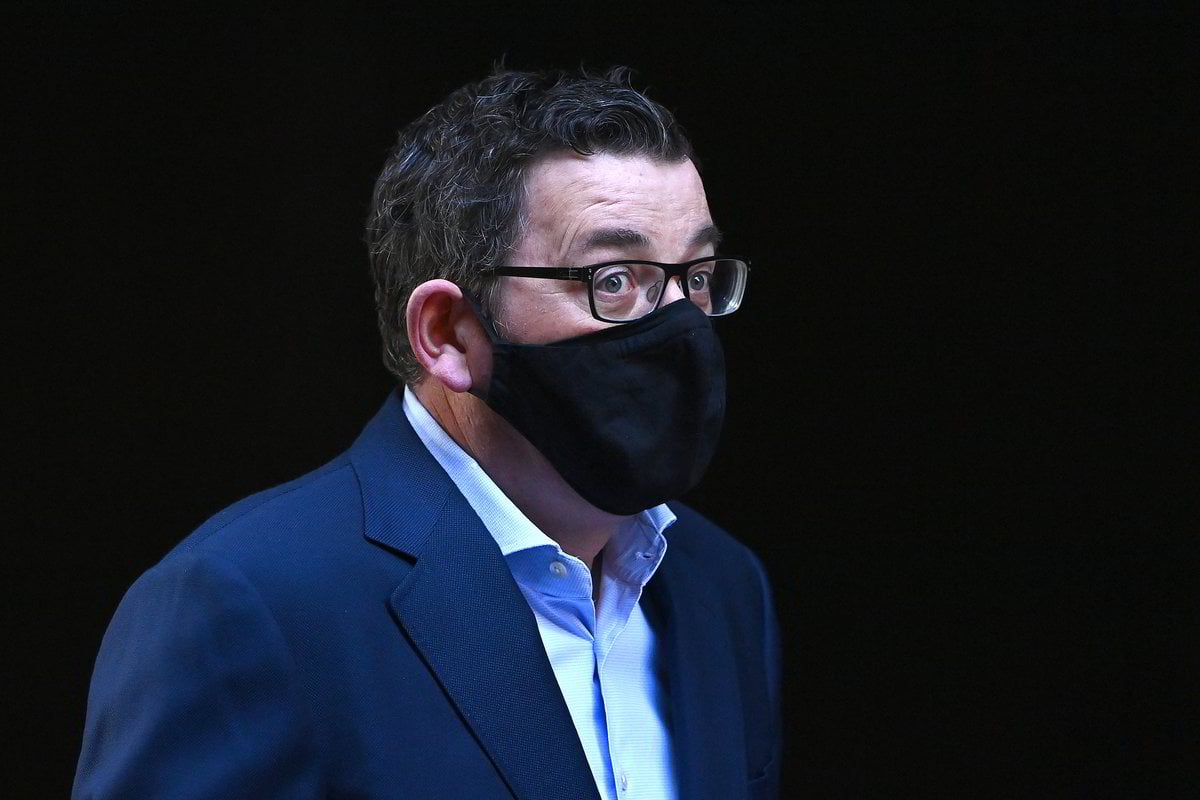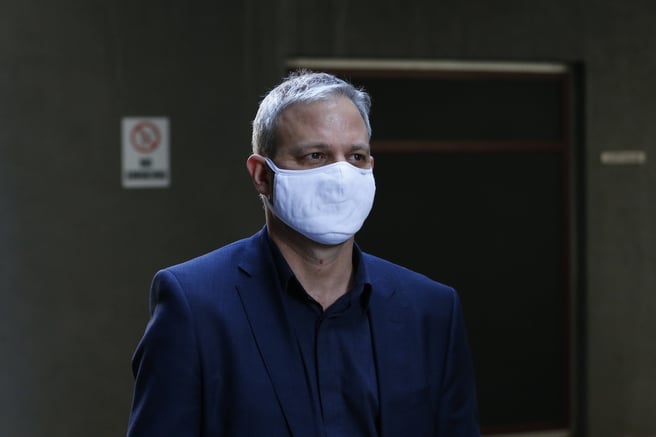
Mamamia’s ‘What You Need To Know' is a new series where we break down the big news stories for you in easy-to-understand terms. We’re not ‘dumbing it down’, we’re just providing the context that can so often be lost in today’s fast-moving and never-ending news cycle.
Today, we break down Daniel Andrews’ plan to extend the state of emergency in Victoria for 12 months.
In less than three weeks Victoria’s state of emergency is due to end. According to current legislation, it cannot be extended any more than it already has been.
Given Victoria is still in the midst of their second wave of the deadly coronavirus pandemic, Premier Daniel Andrews is concerned that ending the state of emergency too soon could have adverse ramifications.
Here’s everything you need to know.
What does a state of emergency mean?
During this pandemic, the state of emergency has granted the Chief Health Officer Brett Sutton significant power to restrict people’s movements to slow the spread of coronavirus. From mandatory face coverings to ordering the closure of non-essential services, it is under the State of Emergency that these rules are allowed.
Essentially, it’s the “legal instrument” that allows these restrictions to take place.
Under the Public Health and Wellbeing Act, a state of emergency can be extended for four weeks at a time, but ultimately can only run for a maximum of six consecutive months.
 Victoria's Chief Health Officer Brett Sutton. Image: Getty.
Victoria's Chief Health Officer Brett Sutton. Image: Getty.

Top Comments